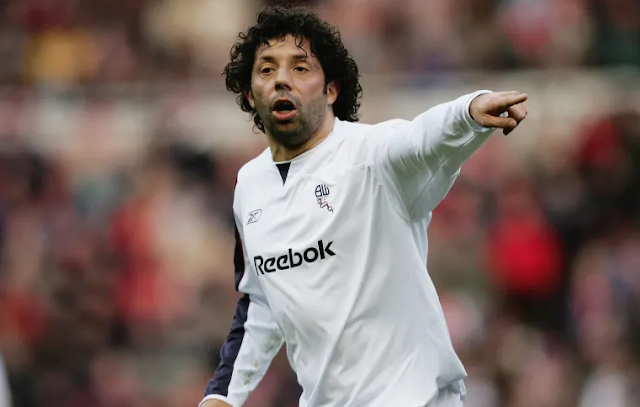Is player recruitment or coaching more important?

We can all list the greatest managers and coaches of all time. The tactical innovators, the era defining managers who revolutionised the way the game was played. We can also name the players associated with those teams; Cruyff, Beckenbauer, the Dutch trio at Milan, Xavi and Iniesta. One of the great unknowns is; is it the coach who makes the players great, the players who make the coach great, or is it a real partnership? Looking at that great player list though then we have to ask the question; would these players have been great in other teams. And the answer is yes, they were great before and great after their periods with these managers. Xavi and Iniesta, who are strongly associated with the great Guardiola teams were already great players. Xavi was player on the tournament in Euro 2008. They had won leagues and a Champions League under Rijkaard. Did Guardiola change Barcelona significantly? Yes. Was this helped by the emergence of the greatest player in history and t



